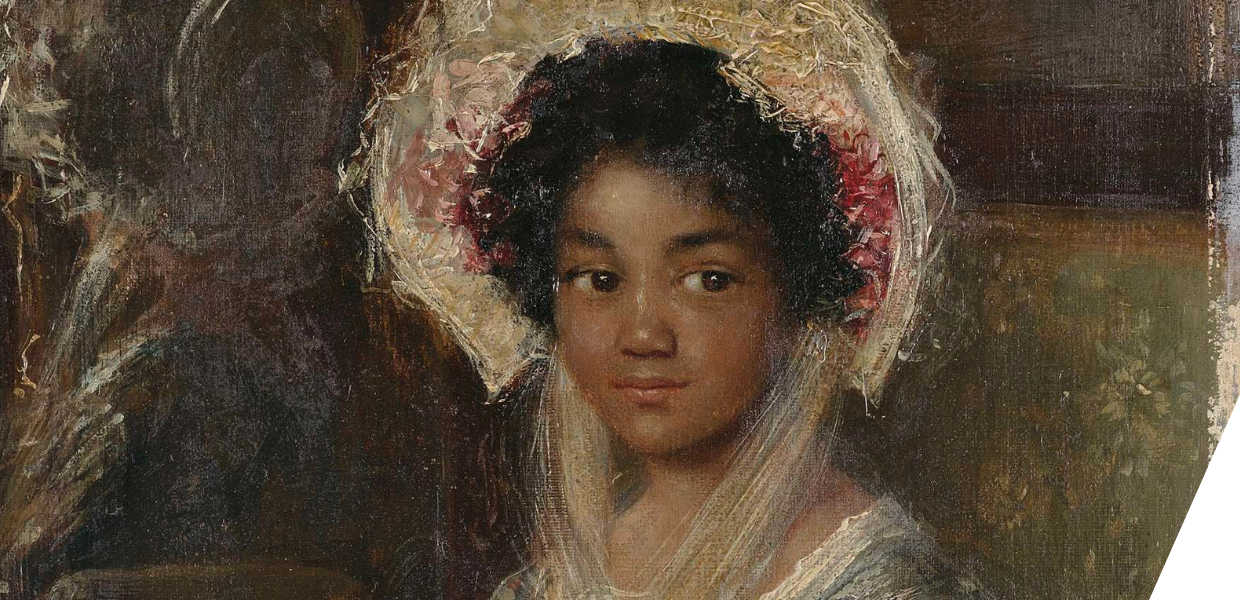Telling new stories with Women’s History Month
In March each year, countries, institutions and individuals around the world mark Women’s History Month by celebrating women’s contributions to society, history, culture and science - among many other areas.
Since 2016, Europeana has celebrated Women’s History Month by highlighting the stories of important women in history, creating and promoting editorial to improve the representation of women on our websites. Building on this initial engagement, we developed a more structured and focused approach, leading to our landmark exhibition Pioneers: Trailblazing women in the arts and sciences, which highlighted the lives of eight remarkable women from Europe.
Since then, we’ve continued to publish new stories on this topic, collaborated with partner institutions and social media platforms to promote them and created learning materials highlighting women’s contributions to history. We also published a series of interviews featuring key female influencers in culture and tech and women leading AI research in the cultural heritage sector. What we’ve learned from these activities continues to shape how we approach diversifying our editorial and how we make our writing more inclusive and accessible. We still have work to do to surface stories of marginalised women from diverse backgrounds and reflect a more representative image of women in our society - something we started and will continue to do this year.
Our plans in 2022
In 2022, we are looking forward to once again sharing stories of women from both history and the present day through our editorial, social media, online courses and partnerships. We will promote exhibitions on Women writing birds and on author and women’s rights campaigner Louise Weiss, and we'll highlight women from our Black lives in Europe and Heroes of the Olympic Games exhibitions. On International Women's Day, we will launch a new exhibition, The Pill, telling the story of the birth control pill as a game changer in the 20th century. And of course, editorials written with our partners across Europe will showcase stories about remarkable women while aiming to bring more light to marginalised women and the intersectionalities of their identities.
On social media, organisations highlighting women’s history will take over our Instagram account to showcase their own collections and activities related to Women’s History Month. Following Women’s History Month, we will work with the DailyArt App to feature and promote artworks by female artists. And our successful women’s history email course will also be available for those who want the histories of remarkable women sent directly to their inboxes. There will also be a chance to help make less well known women’s stories more visible through a special run of Transcribathon, which will invite participants to transcribe and annotate letters, diaries and documents written by women.
Finally, on Europeana Pro News, we will highlight projects and cultural heritage institutions to find out more about how they are marking the month, hoping to share and inspire with innovative examples from across Europe.
Get involved
We want to help cultural heritage institutions to get involved in Women's History Month. Share inspirational stories from your own collections and let us know about your plans so we can explore ways to support them.
Do your collections tell the story of an inspirational woman from history? Write an editorial piece for the Europeana website, or share it with us so that we can explore how to feature it.
Does your institution plan to celebrate Women’s History Month? We can support your activities on social media or Europeana Pro News.
Does your institution have collections and content around women’s history? Promote relevant images, objects and blogs on social media. Use #WomensHistoryMonth and tag us @Europeanaeu when you do.
Do you want to share our work? Follow, retweet and share our editorials and news posts throughout the month - we will be sharing them on our Twitter, Facebook, Instagram and LinkedIn.
You can do all of the above by filling out our form or getting in touch with editorial@europeana.eu.

